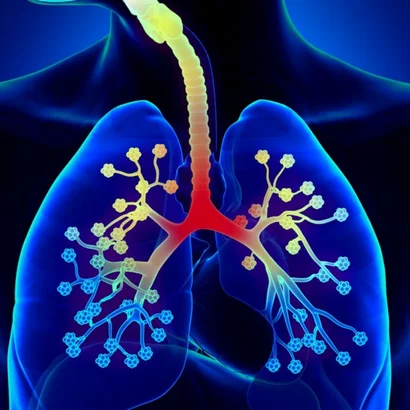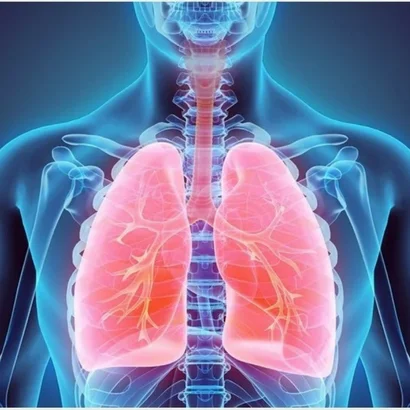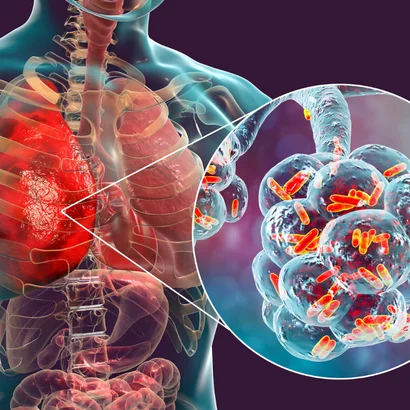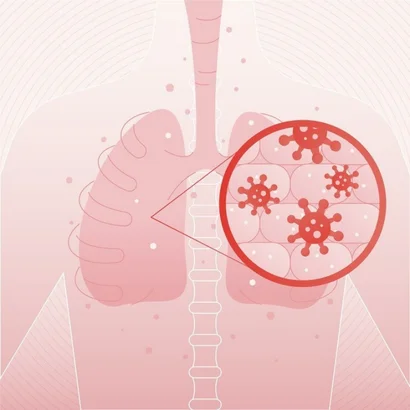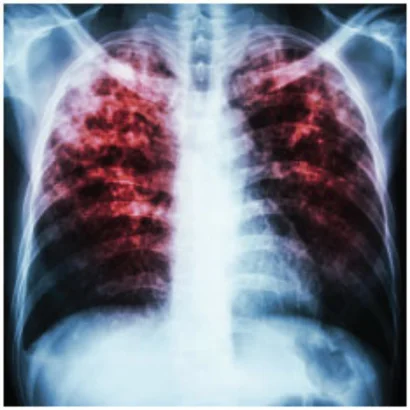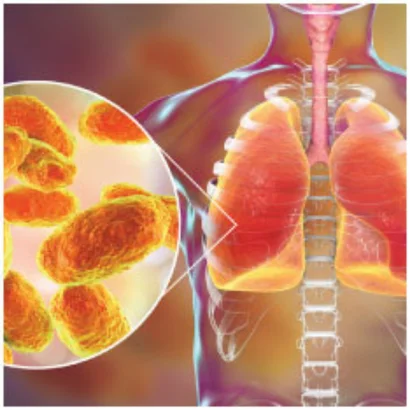Allergic Rhinitis is a common respiratory condition caused by an allergic response to airborne allergens such as dust mites, pollen, mold, or pet dander. It affects the nasal passages and sinuses, leading to symptoms like sneezing, nasal congestion, runny nose, itching, and watery eyes. At Helios Lung & Ortho Center, Kondapur, we specialize in the accurate diagnosis, comprehensive evaluation, and long-term management of allergic rhinitis using evidence-based approaches and advanced diagnostic tools.
Allergic Rhinitis occurs when the immune system overreacts to allergens in the environment. When an allergen is inhaled, the body releases histamines and other chemicals, resulting in inflammation of the nasal lining. It can be seasonal (hay fever) or perennial (year-round), depending on the trigger.
Common triggers include:
Pollen from trees, grasses, or weeds
House dust mites
Animal dander (from pets)
Mold spores
Environmental irritants such as smoke or pollution
Typical symptoms may vary from person to person, but often include:
Sneezing fits
Nasal congestion or stuffiness
Runny nose with clear discharge
Itchy nose, eyes, throat, or ears
Watery or red eyes
Fatigue or poor sleep due to nasal blockage
If left untreated, allergic rhinitis can lead to complications such as sinus infections, asthma flare-ups, and decreased quality of life due to sleep disturbances and fatigue.
At Helios Lung & Ortho Center, we take a comprehensive approach to diagnosing allergic rhinitis. Our expert pulmonologist, Dr. Himabindu Kona, begins with a detailed clinical history and physical examination. Depending on the symptoms and severity, the following diagnostic tests may be recommended:
Allergy testing (skin prick or blood tests) to identify specific allergens
Nasal endoscopy for detailed sinus evaluation
Pulmonary function tests if asthma symptoms are also present
FeNO testing to assess airway inflammation
Every patient is different, and so is their treatment. At Helios, we offer individualized management plans which may include:
Allergen Avoidance: Education and strategies to reduce exposure to triggers.
Medications:
Antihistamines
Nasal corticosteroid sprays
Decongestants
Leukotriene receptor antagonists
Immunotherapy (Allergy Shots): For long-term relief in patients with severe or persistent allergic rhinitis.
Lifestyle Modifications: Sleep hygiene, humidification, and air purifier recommendations.
We focus not just on symptom control, but also on improving your overall respiratory health and quality of life.
Specialist care by an experienced pulmonologist
Advanced diagnostic tools under one roof
Personalized treatment based on your lifestyle and severity
Patient education and ongoing support
At Helios Lung & Ortho Center, we understand how allergic rhinitis can impact your daily life. Our goal is to help you breathe easier, sleep better, and live healthier with expert care tailored to your needs.
